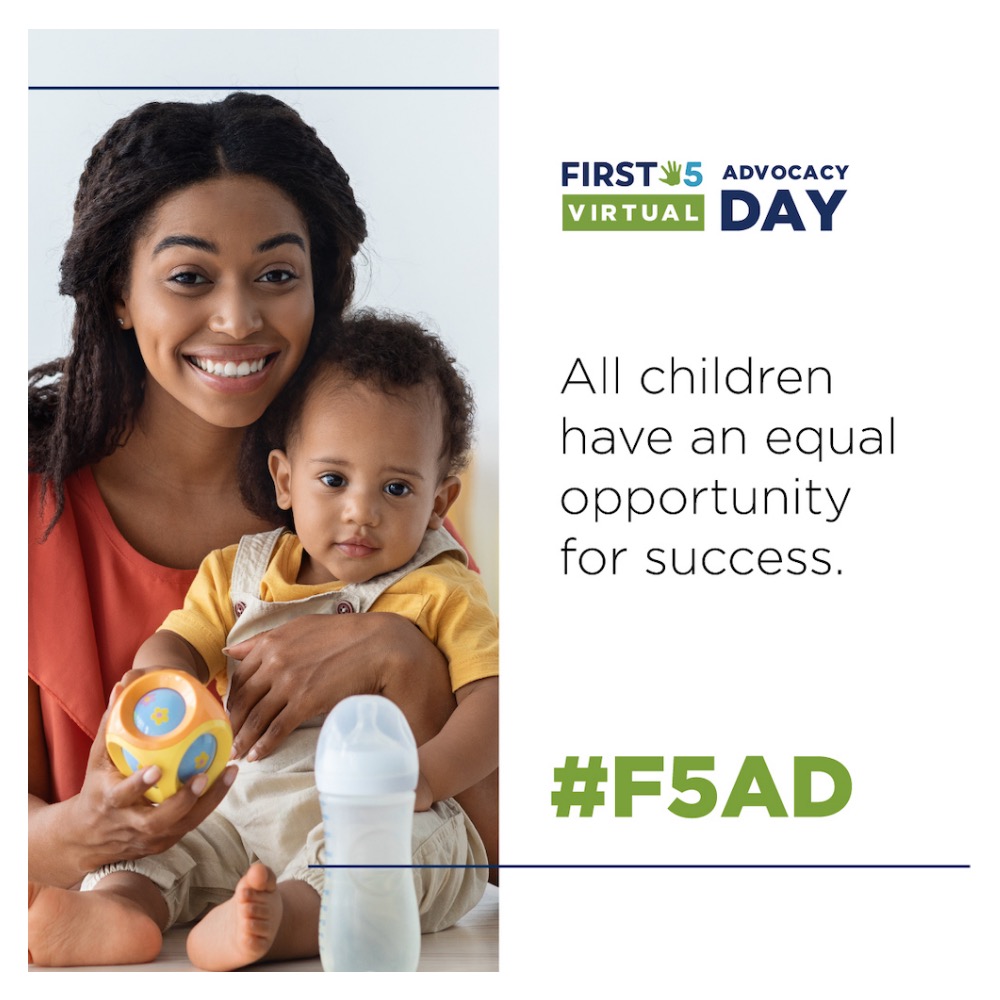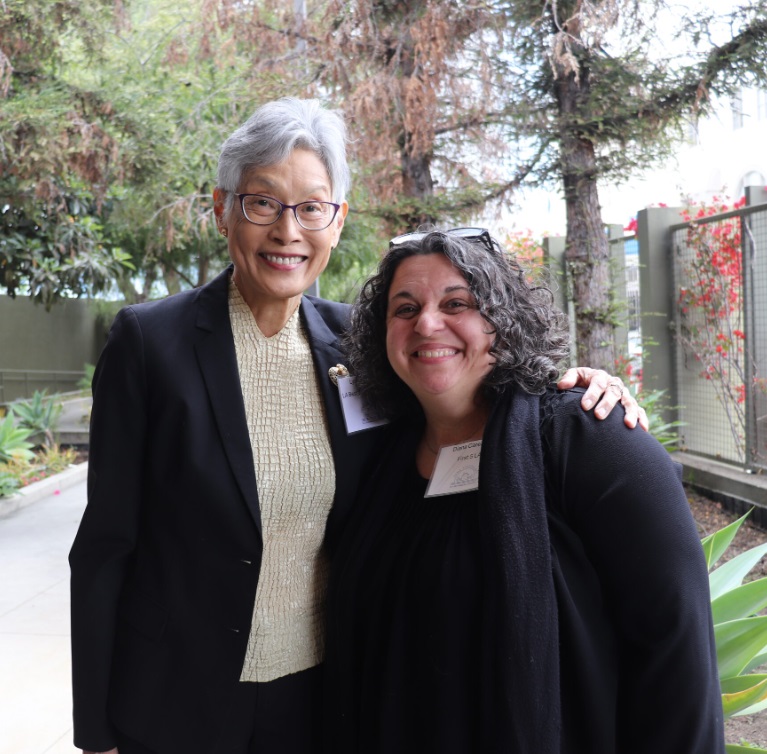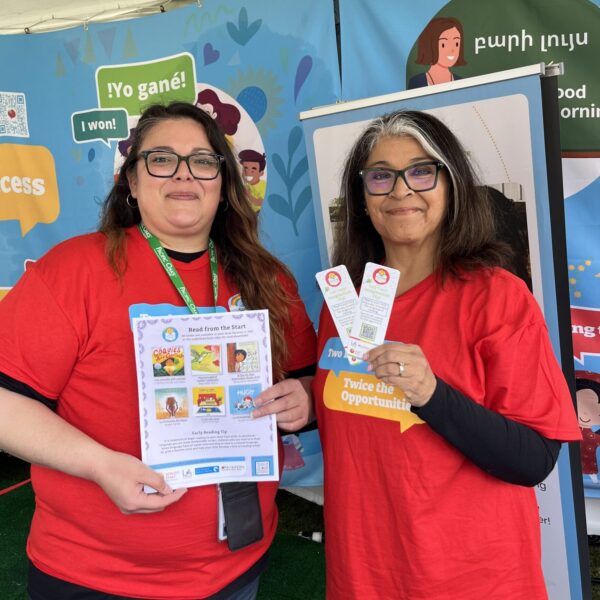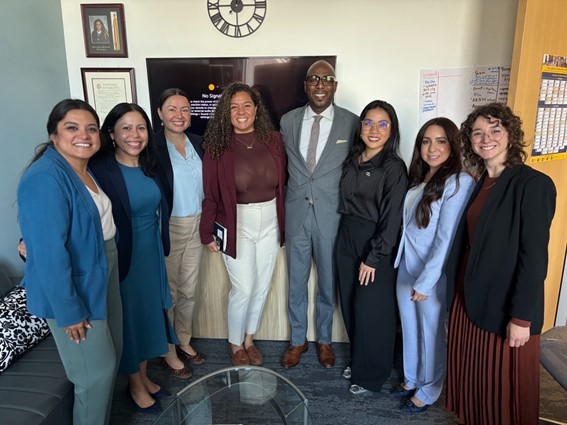April 19, 2023
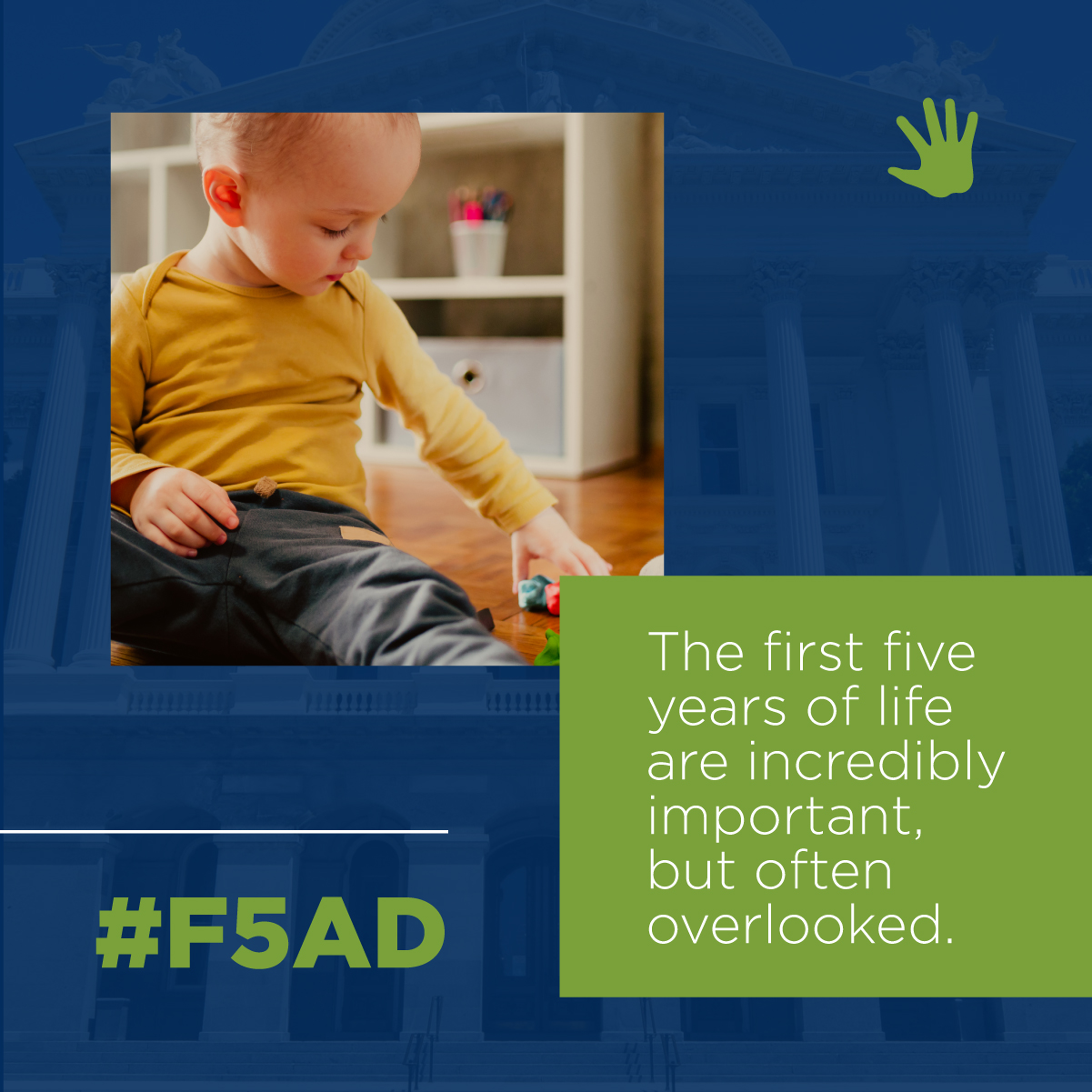 Young children are truly a special population, and over the past three years, California finally began to prioritize this. The state waived family fees to make child care more affordable for families, supported the early learning workforce, and provided young children with continuous eligibility for Medi-Cal. Now, we must protect and advance upon the progress we’ve made and invest in flexible, upstream, prevention-oriented approaches to health care and early learning that are so impactful for families.
Young children are truly a special population, and over the past three years, California finally began to prioritize this. The state waived family fees to make child care more affordable for families, supported the early learning workforce, and provided young children with continuous eligibility for Medi-Cal. Now, we must protect and advance upon the progress we’ve made and invest in flexible, upstream, prevention-oriented approaches to health care and early learning that are so impactful for families.
During the first five years of life, 90 percent of brain development occurs, with one million neural connections forming every single second. Due to the rapid pace of growth that occurs during this time, we have the greatest opportunity to support a child’s optimal development and, with that, their long-term health, well-being and success.
As the state faces a difficult budget year, with a potential recession looming on the horizon as well, our ability to build a more equitable and prosperous California ties directly into the strength and well-being of young children and their families.
Now more than ever, we need to keep moving forward and ensure that all children in California can thrive and reach their fullest potential, especially those furthest from opportunity. To do this, we must increase family access to preventative health care, create a true mixed delivery system that meets the needs of diverse families, pay early educators a living wage, and close systemic disparities that adversely affect communities furthest from opportunity.
California is already making progress. For example, the state recently made important strides toward addressing challenges in the early learning field, including raising the reimbursement rate for state-subsidized care and services to 75 percent of the 2018 market rate; formally recognizing Child Care Providers United as a union; and establishing the Joint Labor Management Committee (JLMC) to address comprehensive rate reform.

Tandem bills now in the Legislature, AB 596 and SB 380, would begin implementing the recommendations outlined in the report from the Rate & Quality Stakeholder Workgroup and JLMC, with a specific timeline to meet the urgency of this moment. Lawmakers should pass these bills, and the governor should sign them.
Beyond this, California should provide a 25% increase to current rates for immediate relief; adopt an alternative methodology using a cost estimation model; and include a timeline for implementation for the actual cost of care based on program enrollment without charging families fees. Furthermore, we know thousands of families need access to child care today. If the state apportions funds by October 2023 and immediately allocates all 20,000 child care spaces scheduled to be released in 2023-24, there would be no delay in enrolling new families.
Looking beyond child care, we must recognize how the past few years have featured unprecedented momentum in fortifying key systems that impact families — momentum driven by measures such as continuous Medi-Cal eligibility, which permitted children to have uninterrupted access to preventive health services, and enhanced financial supports through the CalWORKs program, which enabled many families to remain economically secure and keep food on the table in the face of high inflation and increased costs of living.
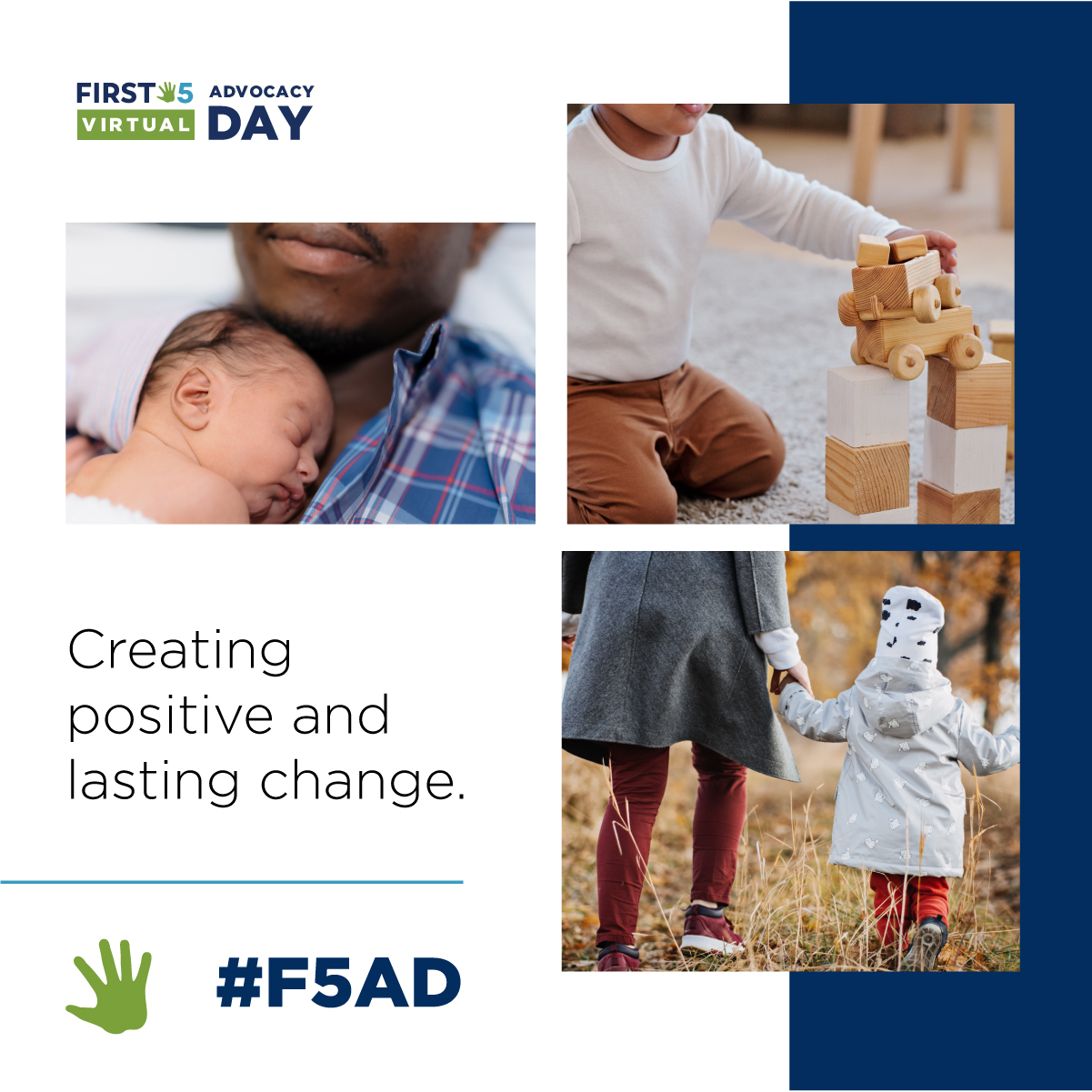 Lawmakers and Governor Newsom should protect and advance upon these policies and affirm commitments made in the 2022 enacted state budget to permanently provide both continuous Medi-Cal coverage to children under the age of 5-years old, and enhanced cash grants through CalWORKs to families.
Lawmakers and Governor Newsom should protect and advance upon these policies and affirm commitments made in the 2022 enacted state budget to permanently provide both continuous Medi-Cal coverage to children under the age of 5-years old, and enhanced cash grants through CalWORKs to families.
First 5 LA remains a ready partner to work with the governor and Legislature to make sure children and families furthest from opportunity are supported, whole and well.
California can’t go backward. Not now. Let’s protect and advance upon the progress we’ve made and move forward in building a more prosperous and equitable future for California’s youngest children.
